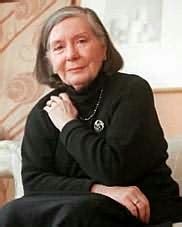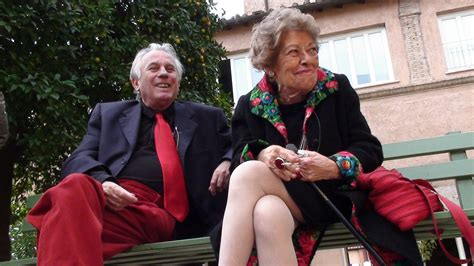A Quote by Italo Calvino
You are about to begin reading Italo Calvino's new novel, If on a winter's night a traveler.
Related Quotes
You are about to begin reading Italo Calvino's new novel, If on a winter's night a traveler. Relax. Concentrate. Dispel every other thought. Let the world around you fade. Best to close the door; the TV is always on in the next room. Tell the others right away, "No, I don't want to watch TV!" Raise your voice -- they won't hear you otherwise -- "I'm reading! I don't want to be disturbed!" Maybe they haven't heard you, with all that racket; speak louder, yell: "I'm beginning to read Italo Calvino's new novel!" Or if you prefer, don't say anything: just hope they'll leave you alone.
Notable American Women is an enchanting and moving novel. Like Italo Calvino and Lewis Carrol, Ben Marcus reconfigures the world that we might see ourselves in a cultural and moral landscape that is disturbingly familiar, yet entirely new. As though granted a new beginning, Marcus renames the creatures of our world, questions who we are and who, as men and women, we might be. Notable American Women is a wonder book, pleasurable and provocative.
I have for a long time loved fabulist, imaginative fiction, such as the writing of Italo Calvino, Jose Saramago, Michael Bulgakov, and Salman Rushdie. I also like the magic realist writers, such as Borges and Marquez, and feel that interesting truths can be learned about our world by exploring highly distorted worlds.
When you are starting away, leaving your more familiar fields, for a little adventure like a walk, you look at every object with a traveler's, or at least with historical, eyes; you pause on the first bridge, where an ordinary walk hardly commences, and begin to observe and moralize like a traveler. It is worth the while to see your native village thus sometimes, as if you were a traveler passing through it, commenting on your neighbors as strangers.
If someone does learn about the world from reading a novel of mine, that makes me very happy. It's probably not what brings me into the novel in the first place - I usually am pulled in by some big question about the world and human nature that I'm not going to resolve in the course of the novel. But I'm very devoted to getting my facts straight.






























